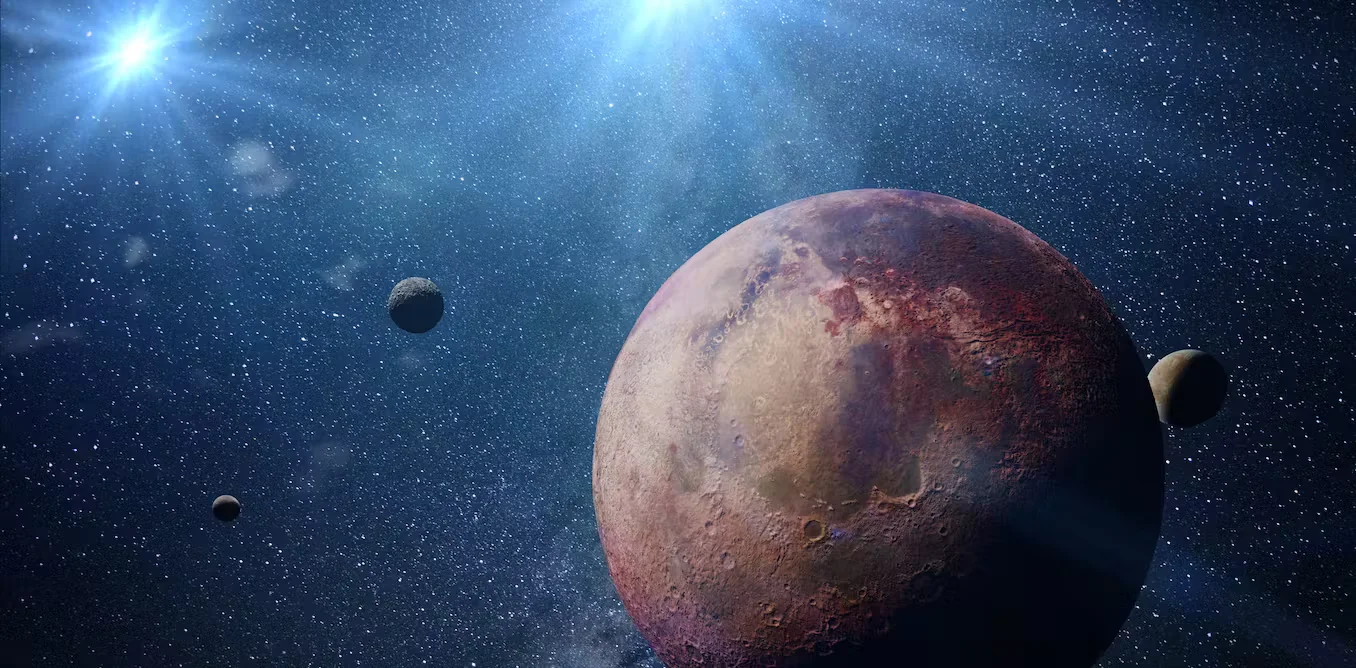Scientists from the University of Georgia have developed a new technique for identifying and classifying exoplanets located far away from Earth. Using machine learning, the team has discovered a previously unknown exoplanet by analyzing protoplanetary disks, which are the gas clouds surrounding newly formed stars.
The results of this study represent a significant milestone in using artificial intelligence to identify exoplanets that may have been overlooked by traditional methods. The lead author of the study, Jason Terry, explained that while they used traditional techniques to confirm the exoplanet’s presence, their models enabled them to locate it accurately.
“When we applied our models to a set of older observations, they identified a disk that wasn’t known to have a planet despite having already been analyzed,” Terry said. “Like previous discoveries, we ran simulations of the disk and found that a planet could re-create the observation.”
The team’s models identified the presence of the exoplanet by highlighting a particular feature of the protoplanetary disk – an abrupt change in the velocity of gas around the planet. By analyzing multiple images of the disk, the researchers were able to identify the specific location of the exoplanet.
According to Cassandra Hall, assistant professor of computational astrophysics and principal investigator of the Exoplanet and Planet Formation Research Group at UGA, this breakthrough represents an exciting proof of concept. She stated that machine learning has the potential to quickly and accurately identify important information that might be missed by humans, thereby accelerating analysis and generating new theoretical insights.
“It only took about an hour to analyze that entire catalogue and find strong evidence for a new planet in a specific spot, so we think there will be an important place for these types of techniques as our datasets get even larger,” Terry said.
The results of this study demonstrate the potential of using machine learning to identify and categorize exoplanets, a technique that could revolutionize our understanding of the universe. With the ability to identify previously overlooked exoplanets, this technology could lead to a new era of discovery in the field of astrophysics.




